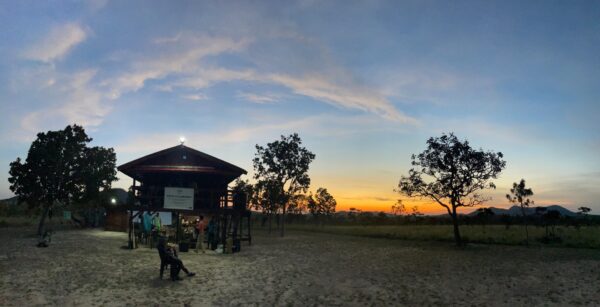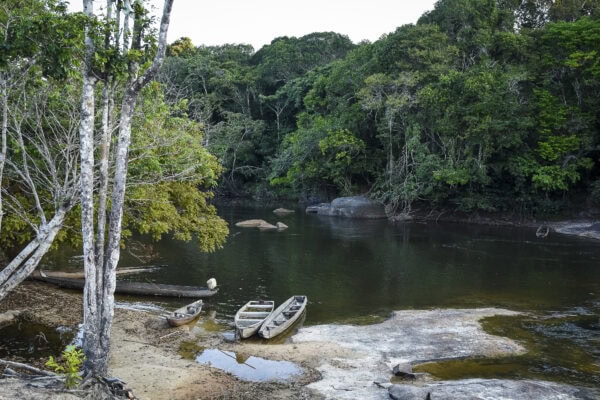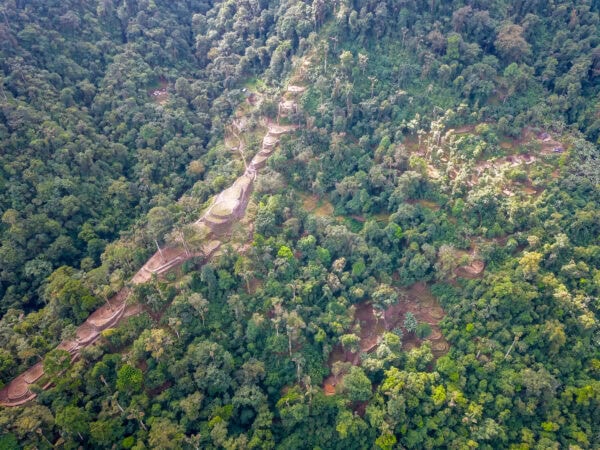March 30, 2020 – Semana Sostenible
The Colombian Constitutional Court and the Amazon Conservation Team (ACT) will disseminate to the indigenous communities of Colombia the legal guarantees and information on the protection of their rights in their own languages. The first languages that will be addressed in this joint effort are Awá, Inga, Wayuunaiki, Witoto and Embera.
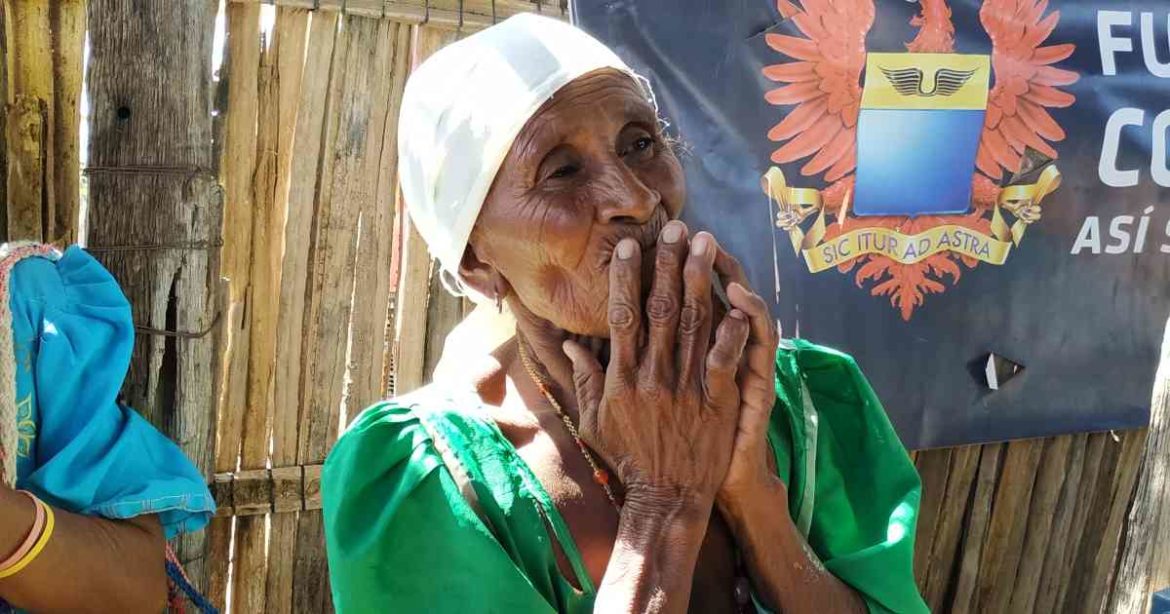
More than 1.9 million indigenous people live in Colombia. According to the results of the 2018 national census, 50.1 percent are women, and the departments (states) with the largest ethnic population are La Guajira, Cauca, Nariño, Córdoba, Sucre and Chocó.
These indigenous people are grouped into 115 native groups, of which the Wayuu, Zenú, Nasa, Pastos and Emberá Chamí are the most populated. 60.4 percent of the indigenous population is between 15 and 64 years old, while the oldest, including the traditional knowledge-keepers, represent only 5.8 percent.
Some 140,000 indigenous people live in the Colombian Amazon basin, a vast rainforest that covers more than 34 million hectares across nine departments. According to the Colombian National Cultural Information System, 26 ethnic groups are present in the Amazon forests, grouped into 14 language families including Tukano, Arawak, Tikuna, Huitoto and Tupí.
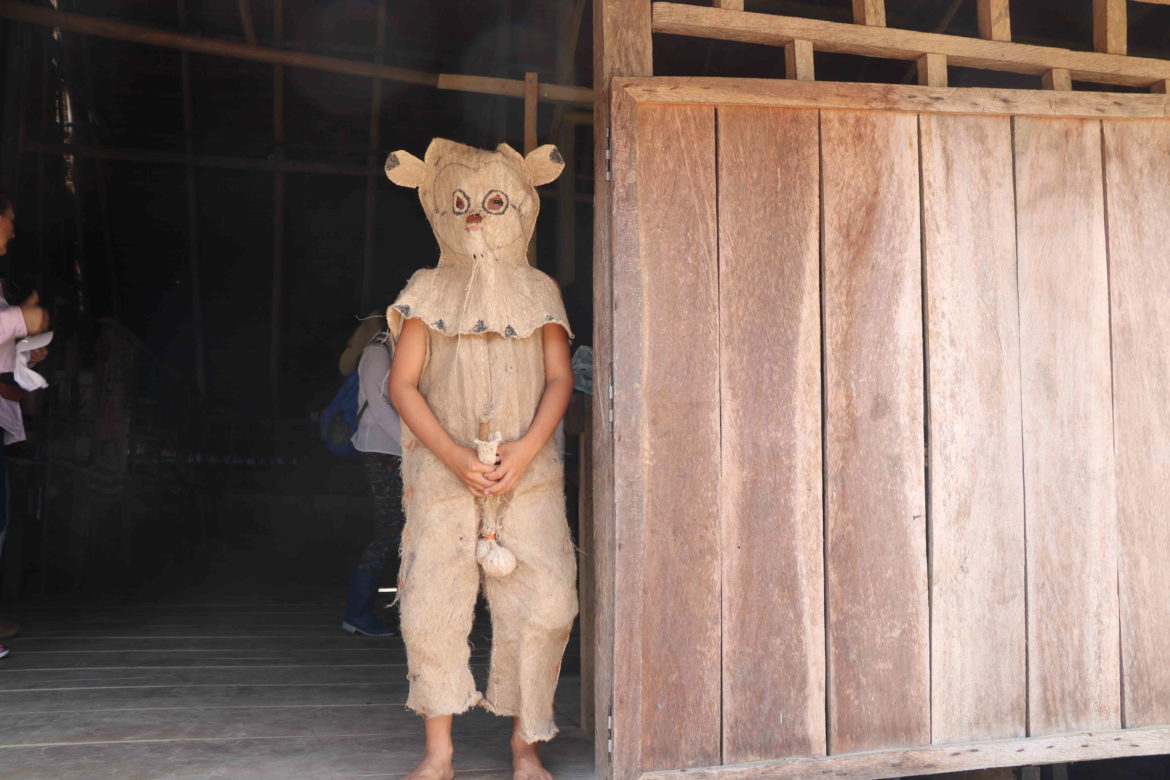
Possessing a language of their own, and not knowing the Spanish language, many of these ethnic groups are left without fully understanding the judicial decisions issued for the protection and conservation of their communities and their ancestral territories.
Such is the case with ruling 4360 of 2018, which declared the Colombian Amazon a subject with rights, and ordered the application of mechanisms to curb deforestation.
In this context, the Constitutional Court and Amazon Conservation Team (ACT), an organization that has been working for local communities for 30 years, decided to join efforts to bring the decisions of the Court to ethnic groups in their own languages.
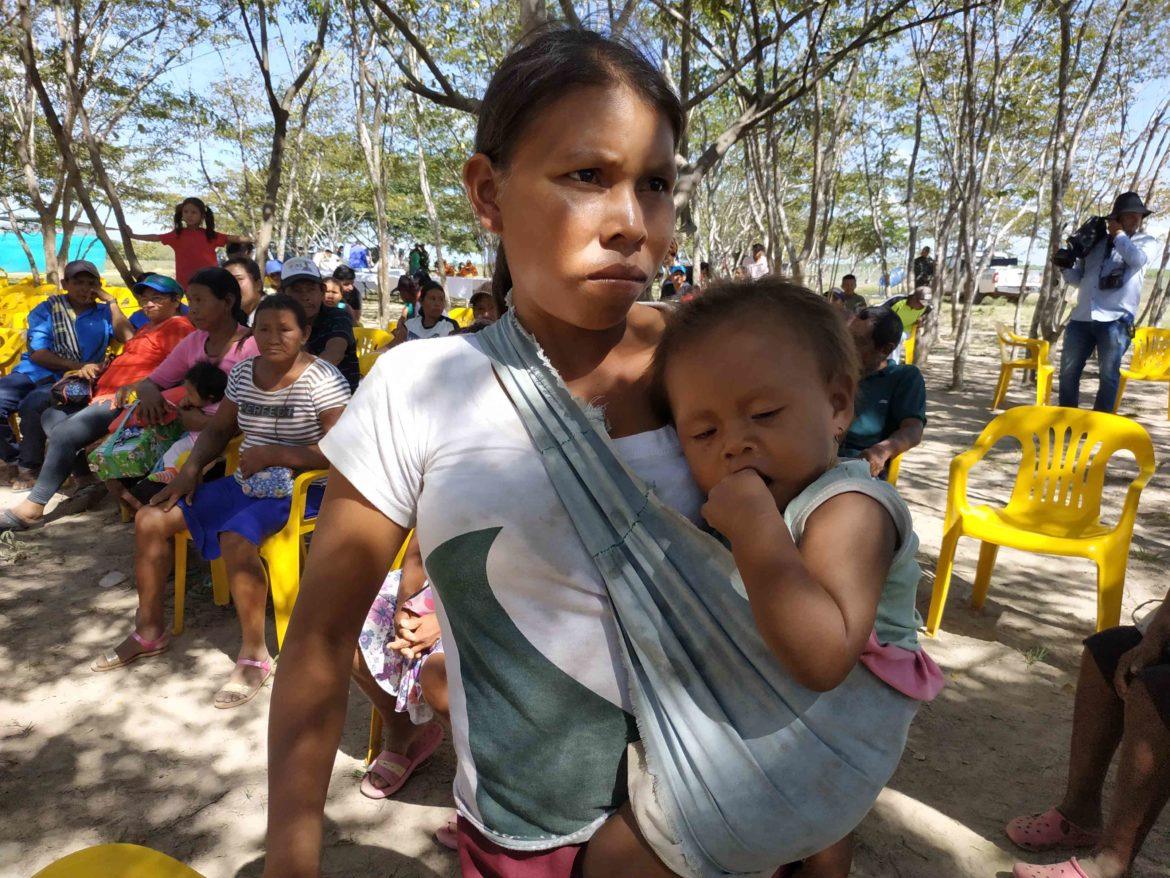
The president of the Court, Alberto Rojas Ríos, and the director of ACT in Colombia, Carolina Gil, signed an inter-institutional memorandum of understanding to strengthen the dissemination of the Court’s decisions to the ethnic communities of Colombia as well as their access to those decisions.
“Recognizing the role that the Constitutional Court has played in defending the rights of the indigenous population and ACT’s experience in working with them, both parties considered it necessary to make progress in the promotion of ethnic rights through tools that provide access to the most significant decisions of the Court,” cites a statement provided by ACT.
This joint work will provide an opportunity for the country’s ethnic communities to develop a pedagogical strategy with digital platforms, “which will combine technological services and offline support, generating an ideal participation tool that strengthens the outreach work of the Constitutional Court to all citizens”, says the document.
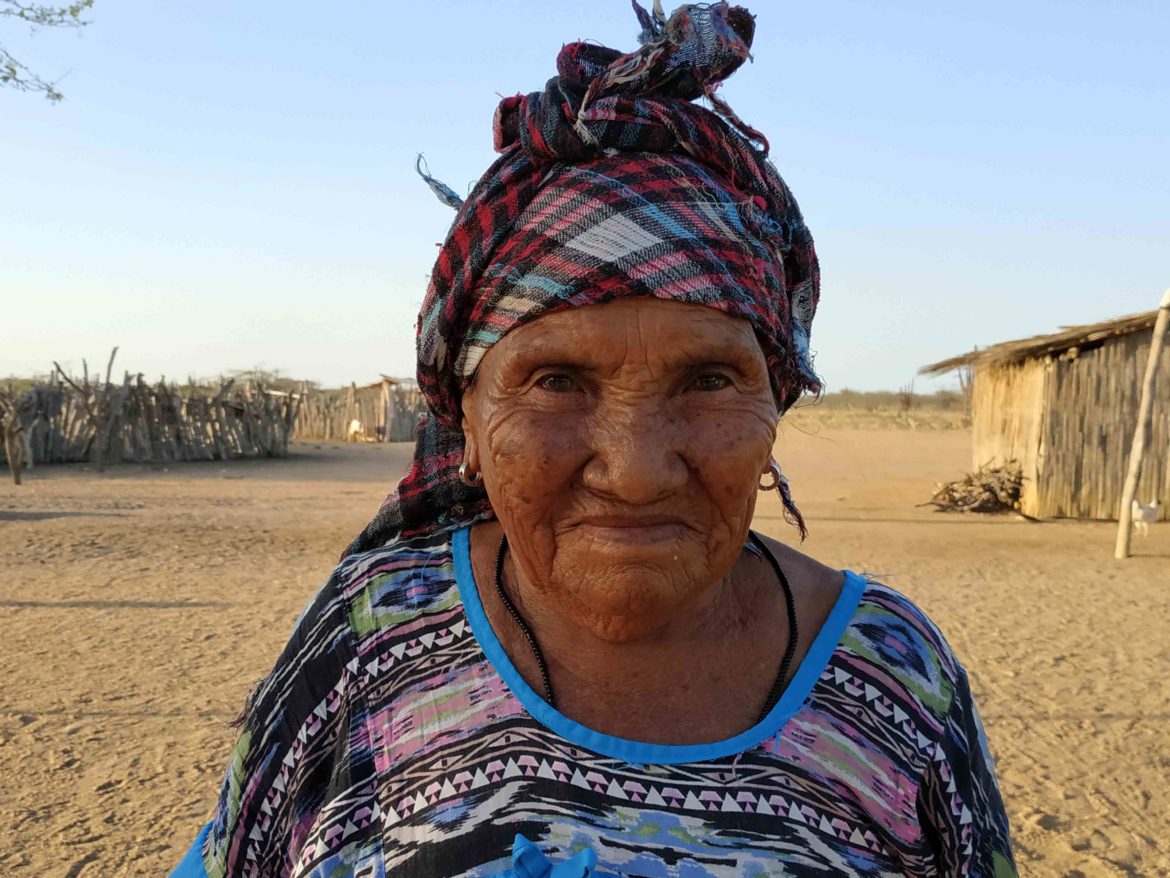
According to ACT, this will be the beginning of an important partnership to facilitate the Court’s interaction with the most vulnerable indigenous people of Colombia, in addition to generating spaces for dialogue in order to understand which decisions best suit the communities’ current needs.
“Despite Colombia’s status as a multi-ethnic and multicultural country, and the fact that the country’s Constitution protects ethnic and cultural diversity through the right to equality, the nation must increase efforts to prevent its ethnic groups from continuing to be subject to serious impacts and threats that violate their autonomy and their territorial and cultural rights and that place their survival at risk,” says the organization.
The first languages to be addressed in this joint effort would be Awá, Inga, Wayuunaiki, Witoto and Embera.
Media Relations
For press release inquiries, please contact us at info@amazonteam.org.
Related Articles
Share this post
Bring awareness to our projects and mission by sharing this post with your friends.


